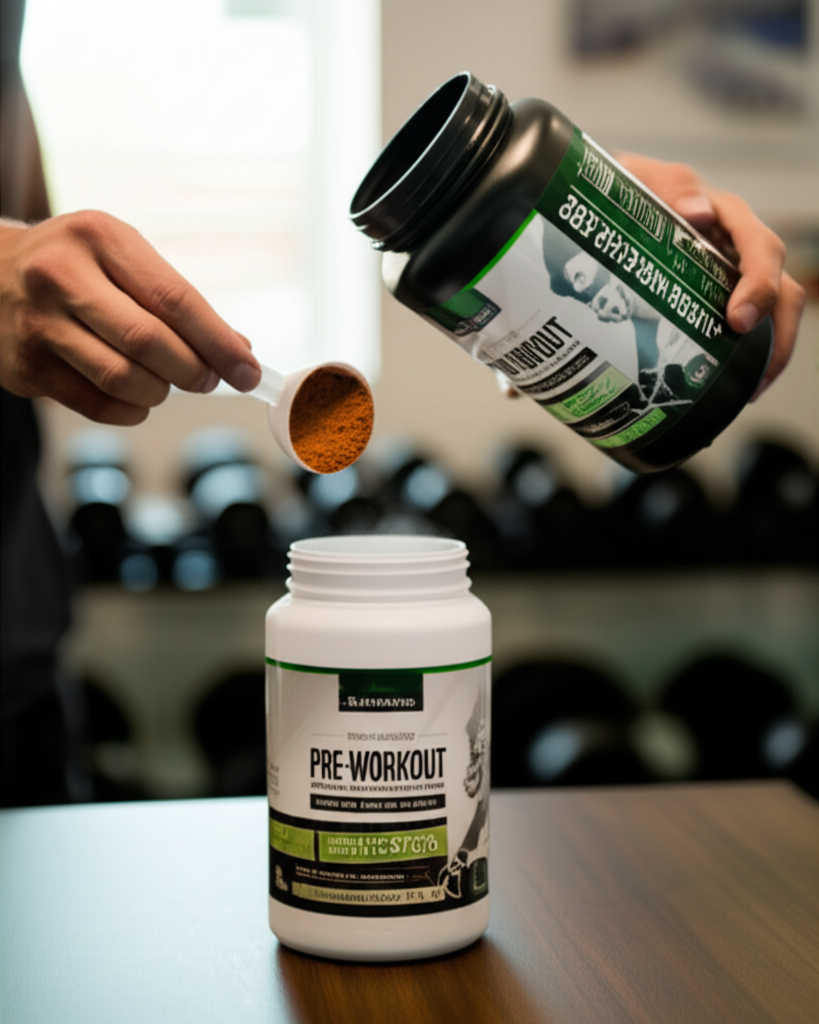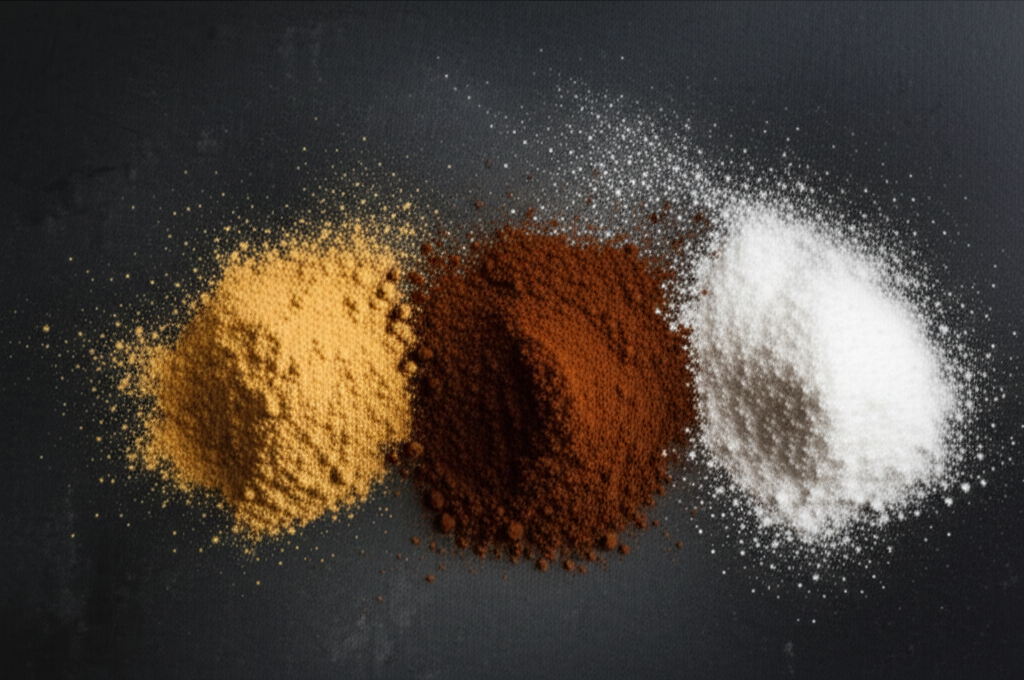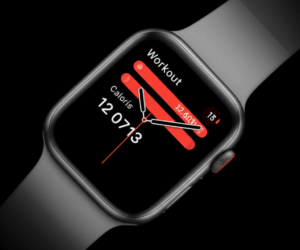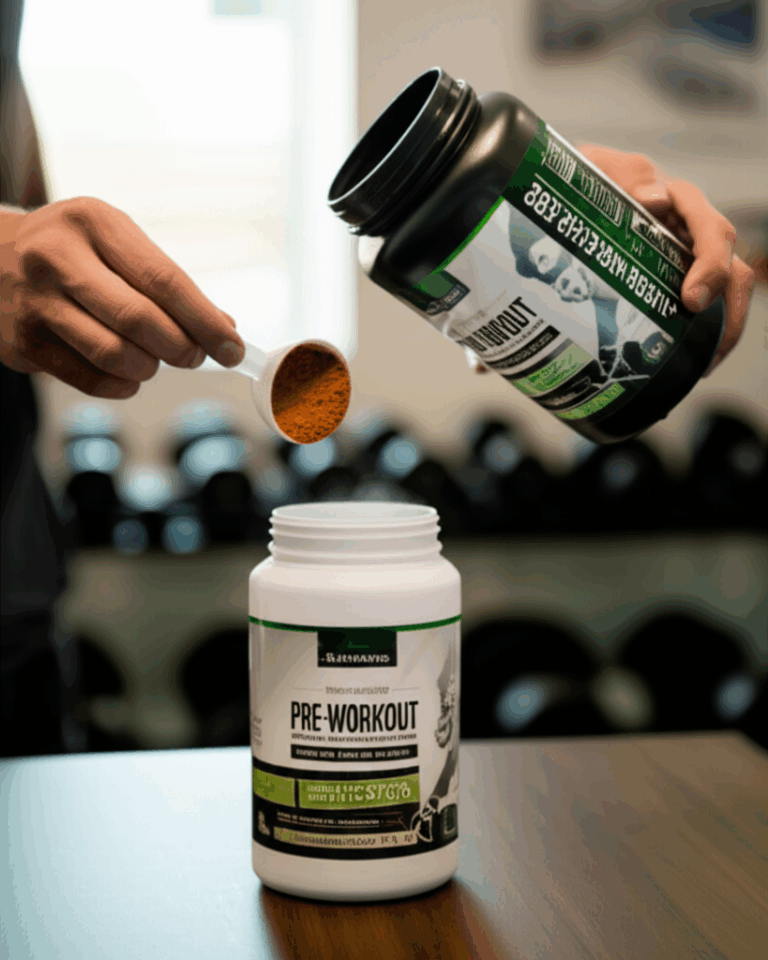In the quest for optimized physical performance, many fitness enthusiasts look for an edge. Pre-workout supplements, often referred to simply as “pre-workouts,” have emerged as a popular tool to potentially elevate energy levels, sharpen focus, and enhance endurance during exercise. But what exactly are these formulations, and how might they impact your workout routine?
This article delves into the world of pre-workout supplements, exploring their common ingredients, the science behind their effects, and how they can influence your training sessions. We’ll also examine the potential benefits and drawbacks to help you determine if incorporating a pre-workout is the right step for your fitness journey.

Understanding Pre-Workout Supplements
Pre-workout supplements are multi-ingredient dietary formulas designed to be taken before exercise. They typically come in powdered form, which is mixed with water, but can also be found in pills, chewable gummies, or canned drinks. The overarching goal of these supplements is to boost energy, strength, and endurance, helping individuals push harder and longer during their workouts.
While the specific blend of ingredients varies by brand, most pre-workouts aim to provide a “kick” that enhances both mental and physical performance.

Key Ingredients and Their Impact on Performance
The effectiveness of pre-workout supplements largely stems from the synergistic action of their common ingredients. Here’s a look at some of the most frequently found components and what they do:
Caffeine: The Energy Driver
Caffeine is arguably the most prevalent and well-studied ingredient in pre-workout supplements. As a central nervous system stimulant, it’s known for its ability to increase energy, improve focus, enhance alertness, and reduce the perception of effort and fatigue during exercise. Many pre-workout servings contain anywhere from 100 mg to 300 mg of caffeine, equivalent to about one to three cups of regular coffee.
Creatine: Fueling Muscle Power
Creatine is a highly effective ingredient for increasing anaerobic performance and lean body mass, particularly beneficial for short-duration, high-intensity exercises like weightlifting. It works by replenishing adenosine triphosphate (ATP) stores in muscles, which is the primary energy source for muscle contractions, thereby boosting strength and improving performance.
Beta-Alanine: Buffering Muscle Fatigue
Beta-alanine is an amino acid that helps produce carnosine, a compound that buffers lactic acid buildup in muscles. By delaying muscle fatigue, beta-alanine allows you to push harder and longer during intense workouts, potentially leading to more reps or extended high-intensity exercise. A common side effect is a harmless tingling sensation, often called “paresthesia.”
L-Citrulline: Enhancing Blood Flow and Reducing Soreness
L-Citrulline is an amino acid that the body converts into L-arginine, which then helps produce nitric oxide. Nitric oxide relaxes blood vessels, improving blood flow, oxygen, and nutrient delivery to muscles. This can lead to enhanced endurance, reduced muscle fatigue, and potentially less post-exercise soreness.
Branched-Chain Amino Acids (BCAAs): Muscle Support
BCAAs, including leucine, isoleucine, and valine, are essential amino acids that play a crucial role in muscle growth and recovery. They help prevent muscle breakdown during exercise, promote protein synthesis, and can aid in reducing muscle soreness and fatigue.
Electrolytes and Vitamins: Supporting Overall Function
Some pre-workouts include electrolytes (like sodium and magnesium) to help with hydration and prevent cramping, headaches, or dizziness, especially during heavy sweating. B vitamins, such as niacin and B12, are also often added for their role in metabolism and energy production.

How Pre-Workout Can Change Your Workout Routine
Incorporating a pre-workout supplement can significantly alter your training experience in several ways:
Increased Energy and Alertness
The most immediate and noticeable effect for many users is a surge in energy and mental alertness, primarily due to caffeine. This can be particularly beneficial on days when you feel sluggish or lack motivation, providing the necessary “kick” to start and sustain an intense workout.
Enhanced Focus and Concentration
Beyond just physical energy, pre-workouts can sharpen your mental focus. This allows for a stronger mind-muscle connection, helping you stay concentrated on your form and the specific muscles you’re working, potentially leading to more effective sets.
Improved Endurance and Stamina
Ingredients like caffeine, beta-alanine, and L-citrulline work to delay the onset of fatigue. This means you might be able to perform more repetitions, extend your cardio sessions, or maintain a higher intensity for longer periods, ultimately contributing to greater workout volume and progress.
Greater Strength and Power Output
With ingredients like creatine, pre-workouts can help muscles generate more energy for explosive movements. This can translate to lifting heavier weights or performing more powerful sprints, leading to gains in strength and lean body mass over time, especially with consistent use.
Faster Recovery and Reduced Soreness
Some components, such as BCAAs and citrulline, are believed to aid in muscle repair and reduce post-exercise muscle soreness, allowing for quicker recovery between sessions. This can be crucial for maintaining consistency and frequency in your training.

Potential Drawbacks and Considerations
While pre-workouts offer compelling benefits, it’s essential to be aware of potential side effects and considerations:
Caffeine Sensitivity and Overstimulation
High doses of caffeine can lead to jitters, anxiety, restlessness, increased heart rate, headaches, and insomnia. Individuals sensitive to caffeine should opt for lower-stimulant or stimulant-free versions.
Digestive Issues
Some ingredients, including caffeine, magnesium, and sodium bicarbonate, can cause gastrointestinal upset, such as nausea, bloating, diarrhea, or acid reflux.
Tingling Sensation (Paresthesia)
Beta-alanine commonly causes a harmless tingling or itching sensation on the skin. While not dangerous, some individuals may find it uncomfortable.
Headaches
L-Citrulline, by increasing blood flow, can sometimes lead to headaches or migraines in some individuals due to changes in blood pressure in the brain’s blood vessels.
Lack of FDA Approval and Label Accuracy
Dietary supplements, including pre-workouts, are not approved by the FDA for safety and efficacy before they are marketed. This means ingredient amounts listed on labels may not always be accurate, and some products might contain substances banned by sporting associations.
Dependence and Energy Crashes
Regular reliance on pre-workouts, especially those high in stimulants, can potentially lead to dependence or energy crashes as the effects wear off. It’s also important to note that a balanced diet provides the necessary nutrients for successful workouts for most people, and pre-workouts are not always a necessity.

Who Should Consider Pre-Workout and How to Choose
Pre-workouts can be beneficial for individuals looking to:
- Break through a training plateau.
- Boost energy and focus on days they feel low.
- Increase performance during high-intensity or endurance-based workouts.
- Enhance muscle growth and strength gains.
Before incorporating any new supplement, it is crucial to consult with a healthcare professional, especially if you have underlying health conditions or are taking medications.
When choosing a pre-workout, consider:
- Your tolerance to stimulants: Start with a lower dose, especially if you’re sensitive to caffeine.
- Your fitness goals: Different formulations emphasize different outcomes (e.g., strength, endurance, pump).
- Ingredient transparency: Look for products with clearly listed ingredients and dosages.
- Third-party testing: Opt for supplements that have been third-party tested for purity and potency.
Take pre-workout approximately 20-30 minutes before your exercise session to allow the ingredients time to kick in. Consistent use over several weeks may yield better effects than sporadic use, as some ingredients, like creatine, build up in the body.
Conclusion
Pre-workout supplements offer a potent blend of ingredients that can significantly change your workout routine by increasing energy, enhancing focus, boosting endurance, and improving strength. While they can be a powerful tool for optimizing performance and breaking through plateaus, it’s vital to approach their use with awareness of the potential side effects and to consult with a healthcare professional to ensure they are appropriate for your individual needs. By understanding the science behind these supplements, you can make an informed decision to potentially elevate your fitness journey.







